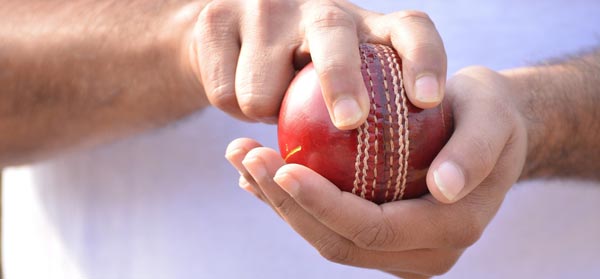When a person is ‘on the ball’ they are considered to be highly alert and capable. This well-worn phrase has been used for a long time, but what exactly is the ‘ball’? Here is the origin of this idiom.
At first, a strong contender for the origin of ‘on the ball’ was the Time-Ball at the Royal Observatory at Greenwich. This time-ball, installed in 1833, is the oldest surviving one of its kind. Its function was (and remains) to help captains navigate their ships. Each day, the ball is raised and then dropped when the Observatory clock strikes 1pm. Captains needed to have their ship’s chronometers set accurately in order to navigate smoothly; therefore they needed to be ‘on the ball’.
A more likely theory comes from early ballgames, however. In the late 1800s, ball pitchers in games such as rounders, cricket and baseball commonly used spins, curves, speeds and tricks to give their pitch an edge. A good pitcher always puts something ‘on the ball’ and this was noted by sports commentators, who provide us with the first documented use of the phrase.
‘Keeping your eye on the ball’ is documented even earlier than ‘putting something on the ball’, with one 1864 citation in WHG Kingston’s Ernest Bracebridge or Schoolboy Days, describing keeping your eye on a rounders ball.
Related articles:
How ‘get off scot-free’ originated
Where ‘ducks in a row’ comes from
Origin of ‘a grain of salt’

